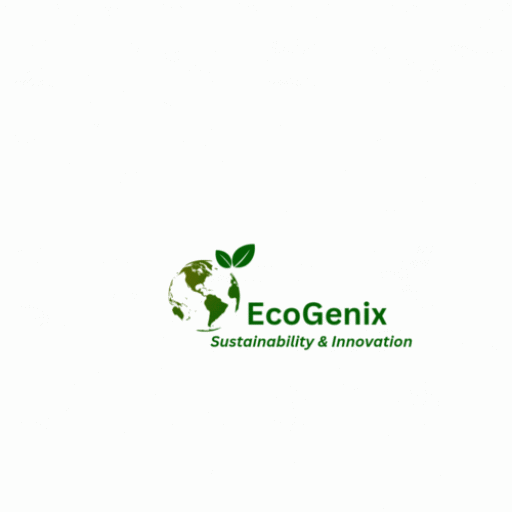As the effects of climate change become increasingly visible—rising temperatures, extreme weather events, and biodiversity loss—the urgency to promote sustainability has never been greater. The choices we make today, from energy use to consumption habits, will determine how resilient our planet and communities will be in the decades ahead. Yet, sustainability is not just about reducing harm; it’s about reimagining systems in ways that support both people and the environment. In this article, we’ll explore practical strategies for advancing sustainability amid the challenges of climate change, highlighting approaches that empower individuals, businesses, and governments alike to create meaningful, lasting impact.
“Sustainability is not a sacrifice—it’s an investment in a future where both humanity and nature can flourish.”
One of the most effective ways to promote sustainability is by addressing the root causes of environmental stress—our patterns of energy use, production, and consumption. For example, shifting toward renewable energy sources like solar and wind not only reduces greenhouse gas emissions but also creates long-term economic opportunities through green jobs. Similarly, encouraging circular economy practices—such as recycling, reusing, and designing products for longevity—helps minimize waste and conserve natural resources. On a community level, initiatives like urban green spaces and sustainable public transportation improve both environmental outcomes and quality of life. Experts consistently emphasize that these strategies, when integrated together, create a ripple effect: small actions accumulate into powerful momentum for systemic change.


Still, promoting sustainability is not without its challenges, and this raises important questions. Can developing nations, where economic growth is often prioritized over environmental concerns, realistically adopt large-scale sustainability strategies? And in wealthier countries, how do we balance consumer convenience with the urgent need for systemic change? Critics often point out that while individual actions like recycling and reducing energy use matter, they can feel insignificant compared to the global scale of climate change. These perspectives remind us that sustainability must be pursued on multiple levels—individual, corporate, and governmental—to achieve real impact. By acknowledging these complexities, we open the door to more inclusive, practical solutions that bridge ambition with everyday realities.
Key Insights
Sustainability in the face of climate change is not a single action but a collective journey shaped by the choices of individuals, businesses, and governments. From renewable energy adoption to circular economy practices and resilient community planning, the strategies we embrace today will define the stability of tomorrow. The key takeaway is that while the challenge is immense, progress is possible when ambition is matched with action. Each of us can play a role—whether by supporting sustainable policies, making mindful consumption choices, or encouraging innovation in our workplaces and communities. By taking these steps, we contribute to a future where resilience and responsibility go hand in hand, ensuring that the next generation inherits not just a planet to survive on, but one to truly thrive in.

